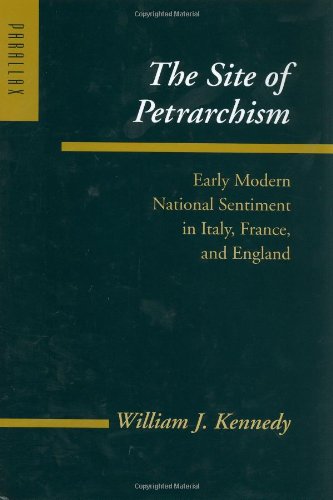

Most ebook files are in PDF format, so you can easily read them using various software such as Foxit Reader or directly on the Google Chrome browser.
Some ebook files are released by publishers in other formats such as .awz, .mobi, .epub, .fb2, etc. You may need to install specific software to read these formats on mobile/PC, such as Calibre.
Please read the tutorial at this link: https://ebookbell.com/faq
We offer FREE conversion to the popular formats you request; however, this may take some time. Therefore, right after payment, please email us, and we will try to provide the service as quickly as possible.
For some exceptional file formats or broken links (if any), please refrain from opening any disputes. Instead, email us first, and we will try to assist within a maximum of 6 hours.
EbookBell Team

4.4
22 reviewsDrawing upon poststructuralist theories of nationalism and national identity developed by such writers as Etienne Balibar, Emmanuel Levinas, Julia Kristeva, Antonio Negri, and Slavoj Zizek, noted Renaissance scholar William J. Kennedy argues that the Petrarchan sonnet serves as a site for early modern expressions of national sentiment in Italy, France, England, Spain, and Germany. Kennedy pursues this argument through historical research into Renaissance commentaries on Petrarch's poetry and critical studies of such poets as Lorenzo de' Medici, Joachim du Bellay and the Pléiade brigade, Philip and Mary Sidney, and Mary Wroth.
Kennedy begins with a survey of Petrarch's poetry and its citation in Italy, explaining how major commentators tried to present Petrarch as a spokesperson for competing versions of national identity. He then shows how Petrarch's model helped define social class, political power, and national identity in mid-sixteenth-century France, particularly in the nationalistic sonnet cycles of Joachim Du Bellay. Finally, Kennedy discusses how Philip Sidney and his sister Mary and niece Mary Wroth reworked Petrarch's model to secure their family's involvement in forging a national policy under Elizabeth I and James I.
Treating the subject of early modern national expression from a broad comparative perspective, The Site of Petrarchism will be of interest to scholars of late medieval and early modern literature in Europe, historians of culture, and critical theorists.